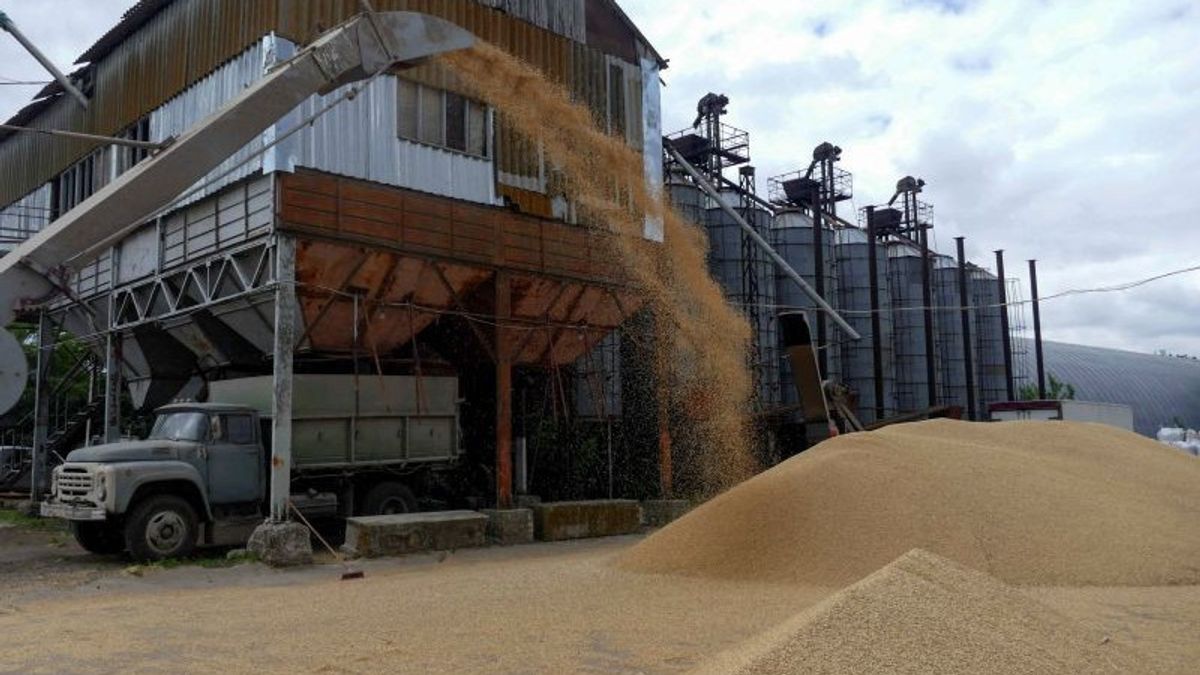JAKARTA - World food prices fell sharply in July, the Rome-based United Nations Food and Agriculture Organization (FAO) said Friday, August 5, as a deal to allow grain shipments from Ukraine and adjustments to global supply chains helped ease some of the price pressures.
The monthly index of food commodity prices fell 8.6 percent in July, the biggest one-month decline since 2008, according to data released by the FAO.
The decline represented three straight months of weakness for the index, although it was the first time in the period that the decline was significant. Despite the trend from July, the index is still 5.0 percent higher than at the start of the year and 13 percent above levels from a year ago.
In April, the FAO index hit its highest level due to rising fuel prices, a slowdown in grain exports from Russia and Ukraine amid the conflicts between these countries, and other supply chain problems.

Each component of the index fell in July, led by an 11.5 percent decline in grain and cereal prices -- the largest component of the index.
The FAO said the positive developments were partly related to a key deal to unblock Ukraine's main Black Sea port to allow grain exports from the country, one of the world's top grain producers. But grain and cereal prices are still nearly 25 percent above their levels from 12 months ago.
According to FAO, vegetable oil prices fell 19.2 percent, the lowest in ten months, helped by a strong export quota for Indonesian palm oil. Dairy prices fell 2.5 percent amid sluggish global demand, while meat prices fell 0.5 percent, the first decline since last year.
The FAO Food Price Index is based on worldwide prices for 23 food commodity categories covering prices for 73 different products compared to the base year.
Meanwhile, Russia may reduce its planned 50 million tons of grain exports this year due to a possible drop in output, Russian Agriculture Minister Dmitry Patrushev said Friday, August 5.
The possible decline in yields this year is due to delays in planting in many areas due to cold spring and bad weather, as well as difficulties in supplying foreign components for agricultural equipment, Patrushev said.
“In total, this all poses a risk to reaching the target of 130 million tonnes. Of course, we will fully supply the domestic market and there will be no problem with that. However, we have to revise the export plan of 50 million tons. unless we reach the planned volume. This could have a negative impact on the global grain market," he said.
The Russian Ministry of Agriculture previously forecast a grain harvest of 130 million tons this year, including a record amount of 87 million tons of wheat, and is expected to export 50 million tons of wheat.
Russian farmers have harvested about 55 million tonnes of grain so far, mainly less than on the same date last year, Patrushev said.
By 2021, Russia will harvest nearly 121 million tons of grain, including about 76 million tons of wheat.
The English, Chinese, Japanese, Arabic, and French versions are automatically generated by the AI. So there may still be inaccuracies in translating, please always see Indonesian as our main language. (system supported by DigitalSiber.id)













